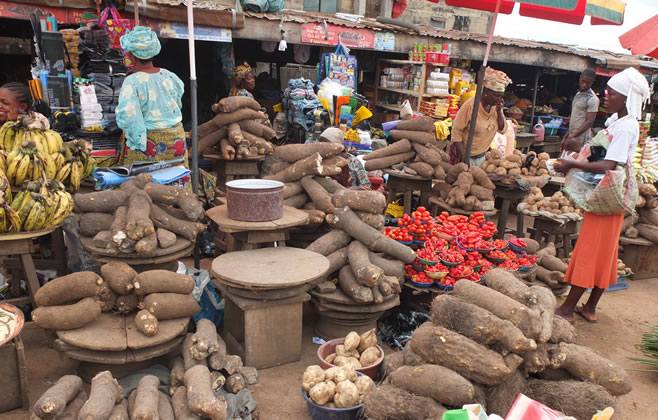On Monday, essential commodity traders in Kano State announced their decision to lower the prices of their goods. This announcement was made by Ibrahim Danyaro, the chairman of the traders, following a discussion with the head of the Kano State Public Complaints and Anti-Corruption Commission, as reported by The Vanguard.
The decision came after the Kano State Public Complaints and Anti-Corruption Commission seized 10 warehouses filled with various hoarded food items within the state. According to the commission’s chairman, Muhyi Magaji, although the owners of these warehouses were absent during the raid, the seized warehouses contained large quantities of essential items like spaghetti, rice, pasta, and sugar.
Danyaro explained that the traders have been offering their goods at prices below those set by the manufacturers. He attributed this move to the widespread concern over rising prices and the increasing cost of living. The traders committed to collaborating with the commission to identify and address any instances of unjustified price hikes and stockpiling.
“We want to clarify that we do not engage in hoarding. We have provided evidence to the commission, which has verified our claim. The surge in market prices is not due to our actions but rather the manufacturers’, and we have proposed solutions to tackle this issue. One suggestion is for the commission to engage with these manufacturers to understand the reasons behind the price increases. We’re ready to work with the commission to lower prices and offer relief to the public, but our efforts will be limited to the current inventory. Our sales prices in the market have not reached the recent manufacturer prices,” Danyaro stated.
Hamisu Rabi’u, another market leader, committed to keeping the prices of existing stock consistent with previous rates, despite the recent price hikes in various markets across the state. He provided examples of how the traders have been selling goods at lower prices compared to company rates, indicating their willingness to incur losses to ease the financial burden on the public.
“For instance, spaghetti that was sold for N11,500 or N11,700 in the market is now N12,800 at the manufacturers’. Sugar is N72,000 at the company, but we’ve been selling it for N70,000. Rice is currently N65,700, but we sold it for between N57,000 and N60,000. We are committed to not exceeding these manufacturer prices with our current stock, even if it means selling at a loss, to alleviate the hardships faced by our community.”


